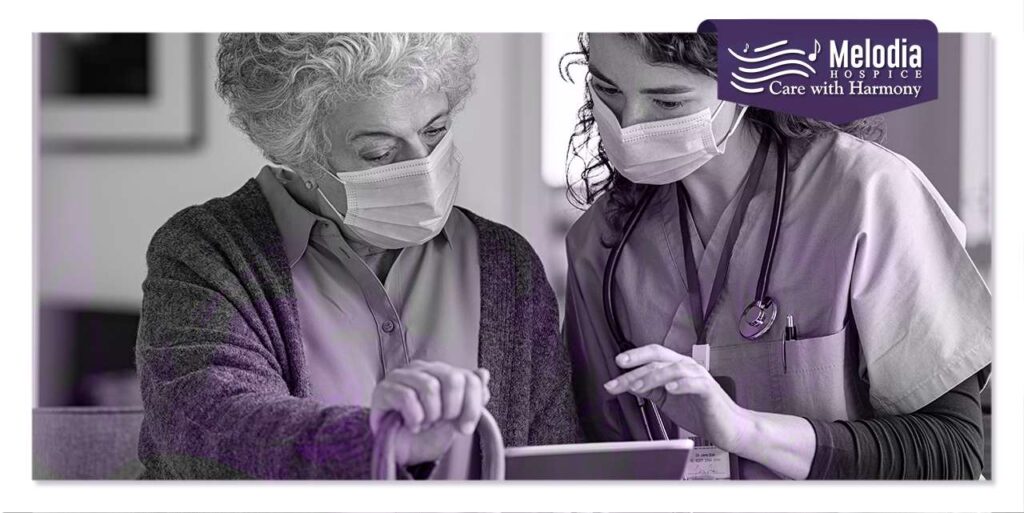It is critical for both people providing and receiving home health care to avoid infection over the course of their work. Infection prevention is the foundation upon which both hospice at home and palliative home health care teams work to assist families. We trust that this information may be of use in keeping everyone safe.
What Is Infection Control?
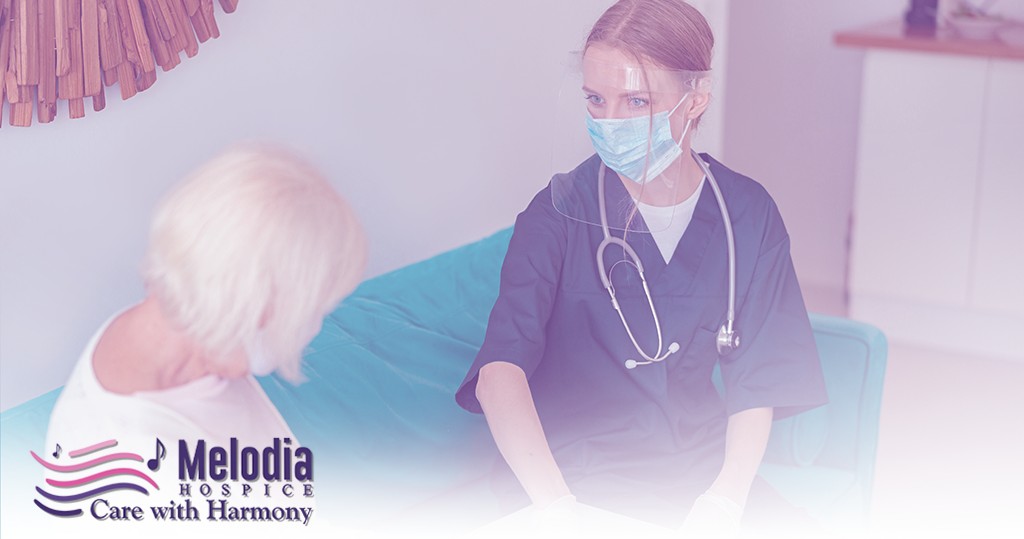
Infection control is a practical discipline that focuses on preventing infections that occur in healthcare environments. Infection control, which is similar to a public health practice, is a vital activity in every healthcare organization. It addresses issues such as variables that contribute to the spread of infections among patients, among staff, and between patients and other patients, among other things. Prevention procedures such as hand washing, cleaning, disinfecting sterilizing, and immunization are all included in this category. Other components include the monitoring and management of outbreaks of infection as well as the investigation of the causes of these outbreaks.
What Is An Infection Control Nurse (ICN)?
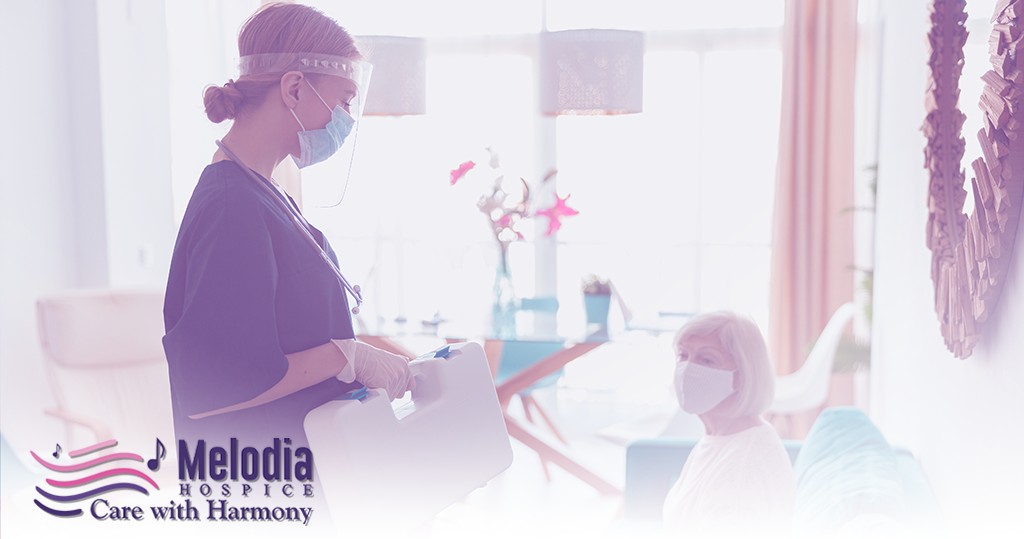
Stage 1 dementia is sometimes known as a typical functional stage. Patients at this stage of dementia’s onset usually do not have severe When it comes to infection control nursing, a registered nurse (RN) is someone who implements best practices for preventing the spread of viruses and bacteria while also providing excellent treatment to patients who have developed infectious diseases. This career necessitates a high level of attention to detail, the ability to work successfully under time constraints, and outstanding interpersonal and communication abilities.
Nursing In Infection Prevention And Control: What’s The Job Description?
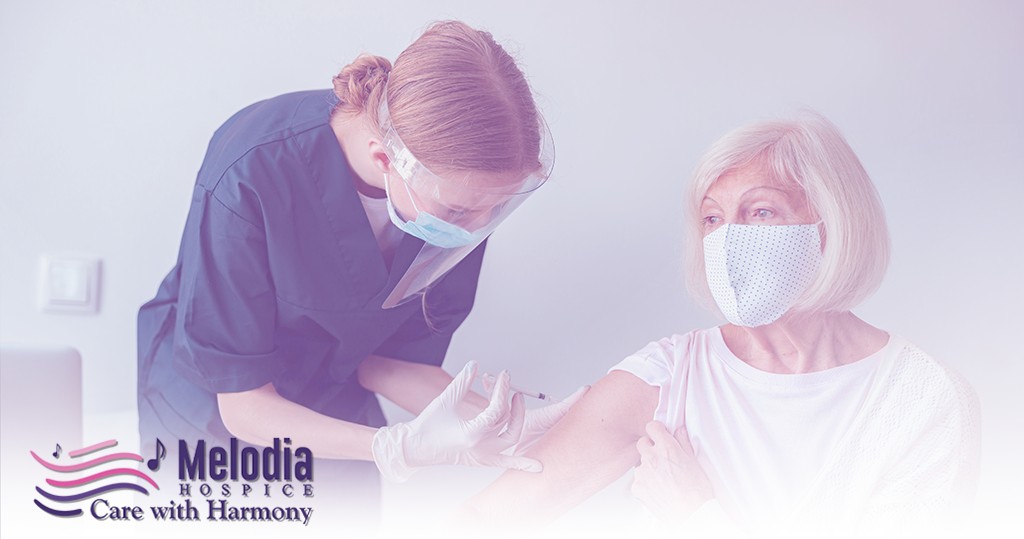
Worldwide, the number of outbreaks of infectious diseases is increasing, and infection control experts are continually confronted with new obstacles, such as the development of antibiotic-resistant bacteria and the introduction of highly contagious viruses.
The pandemic highlights the urgent need for highly motivated nursing and medical professionals who are experts in creating and executing infection prevention and control procedures around the world, as highlighted by the outbreak. Infection control nurses play a key role in protecting the public’s health, and the demand for new practitioners in this field is greater now than ever before. It is the purpose of this blog article to define the fundamental tasks of an infection control nurse, as well as the educational criteria you must meet in order to take on this position.
What Does An Infection Control Nurse Do?
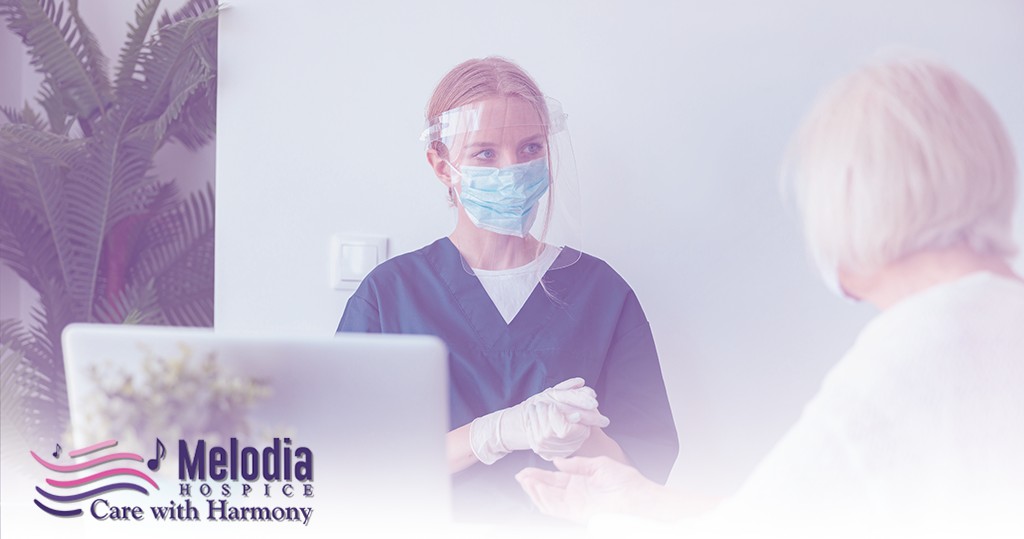
Infection prevention and control for the protection of individuals’ and the general public’s health and safety, nurses collaborate with a wide range of professionals, including scientists, public health experts, and government agencies. It is necessary to collect and analyze infection data in order to make evidence-based judgments.
- Educating medical and public health experts on infection prevention protocols to aid in the preparation for disasters and other emergencies.
- Isolating and treating affected individuals in order to keep infectious diseases from spreading further.
- Helping in the formulation of action plans in the event of a community or hospital outbreak in order to mitigate the potentially disastrous consequences of such an outbreak.
- Working with government organizations such as the Centers for Disease Control and Prevention (CDC) to ensure that infection control procedures are implemented and enforced.
- Investigating infections in order to discover their source in order to avoid future outbreaks.
- Providing assistance to scientists and clinicians in the development of therapies and vaccinations to ensure the health and safety of patients and the general public.
Though someone in your family is an older adult or has certain underlying medical conditions, then everyone in the household should act as if they are at a greater risk for serious sickness and take extra care to protect themselves. The work you put into protecting your sensitive person(s) will be rendered ineffective if other residents are negligent in public and bring germs back into your home.
You can’t live in a bubble, but if you live with someone who is at high risk of contracting a serious illness, you can take extra precautions to prevent the spread of infection.
Hand Washing
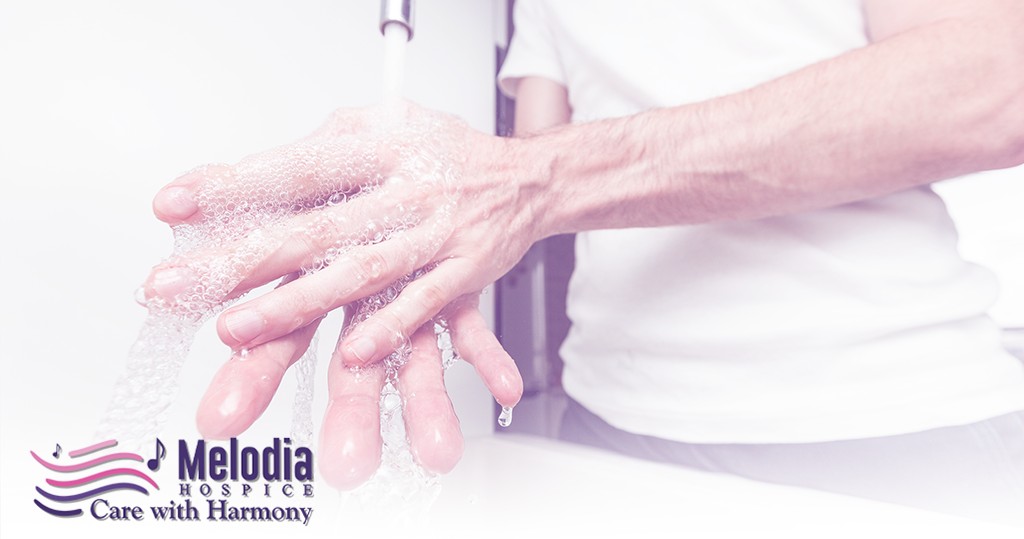
Hand washing is the single most significant method of preventing infection in the workplace. If you are feeding, turning, changing, or bathing your pet, it is important to do this before and after any interaction. It should also be done after coming into contact with personal goods such as bedding, cutlery, a bedpan, a catheter, and so on. The most effective approach to wash your hands is as follows:
- Use warm to hot water to sanitize your hands.
- Lather your hands with soap, rubbing them together vigorously.
- Rinse completely while keeping your hands down.
- Pat your hands dry with a clean towel or a paper towel.
How To Make Use Of Gloves?
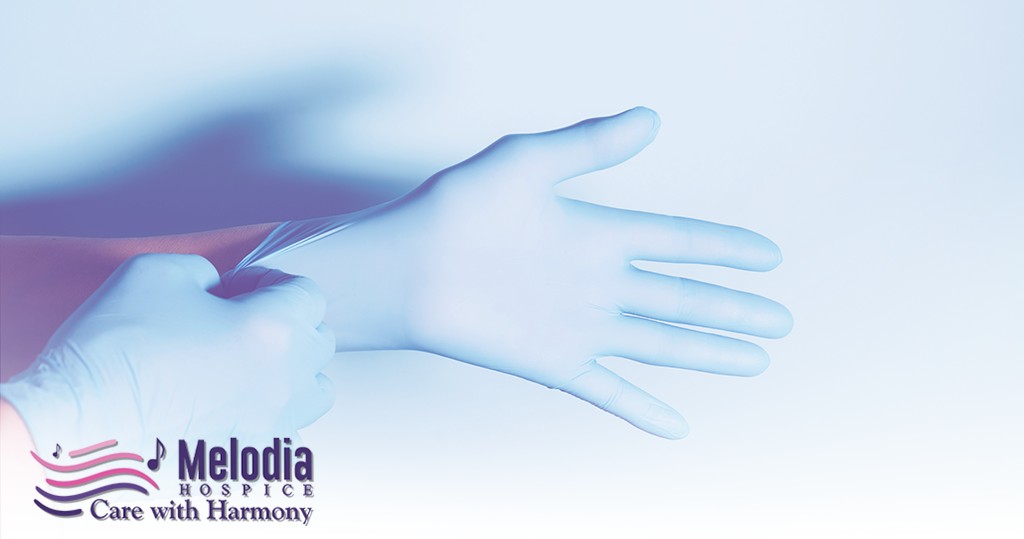
Everyone is protected by disposable gloves. When handling the following items, gloves should be worn:
- Blood
- Body fluids (urine, stool, vomit)
- Mucous membranes (such as the inside of the mouth)
- Wound drainage
- Soiled dressings
- Soiled linens or clothing
Disposable gloves can be purchased at most pharmacies and budget stores, among other places. Rather, they’re meant to be used once and thrown away. If a glove tears while you are putting it on, toss it away and replace it with a new one right away.
When Removing Gloves, Make Sure Your Hands Are Free Of Contamination
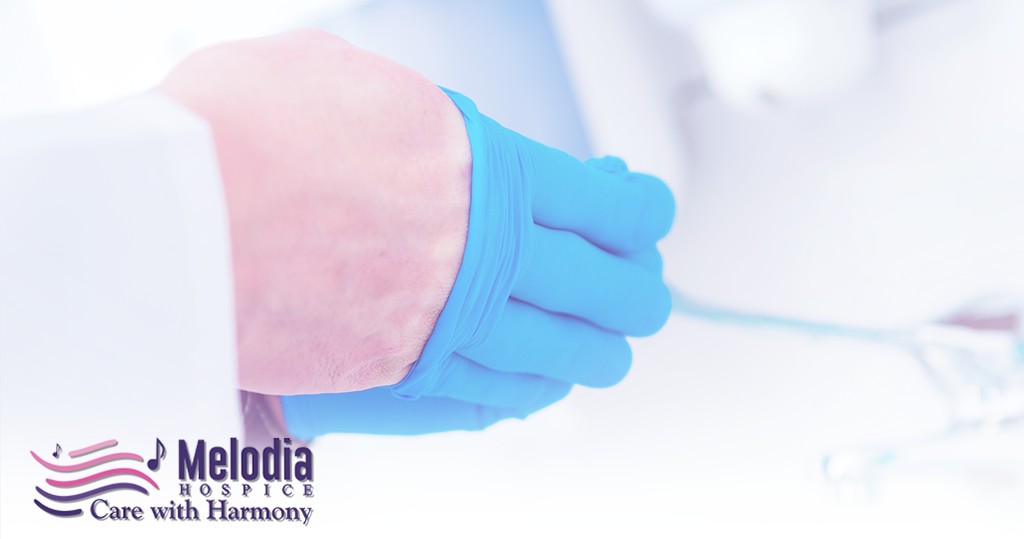
- Remove the first glove by grasping it just below the wrist and pulling it off. Make sure that you only touch the glove and not the skin on your wrist or arm when wearing gloves.
- As you pull the glove down over your hand, the glove will be turned inside out.
- Keep the discarded glove in your gloved hand while you continue to type. Remove your gloved hand’s two index and middle fingers and slide them under the wrist of the glove that is still on your hand. It is not permissible to touch the outside of the glove.
- As you pull the glove down over your hand, the glove will be turned inside out. Grab the glove by the clean inside surface of the glove and keep it in your hand. The initial glove you discarded will now be inside the glove you just peeled off your fingers.
- Immediately discard the gloves in an appropriate container.
- Wash your hands thoroughly.
Soiled Clothing And Bedding Are Handled In Different Ways
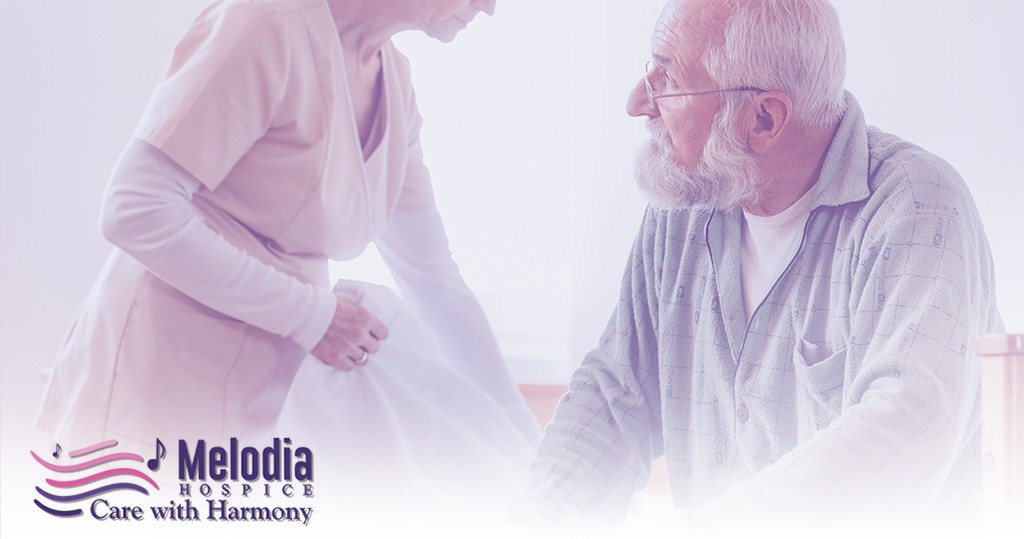
- Wear disposable gloves while handling linens and avoid shaking them in the air, which can transmit germs.
- Clean clothing and bedding should be stored in a separate container or trash bag until it is time to wash them.
- Wash as soon as possible when a spill or soiling occurs. If the material is colorfast, machine wash it with soap, hot water, and one cup of bleach to remove stains.
- Drying clothes in a heated dryer and ironing them both help to reduce the spread of germs.
- If you don’t have access to a washing machine, soak the goods for 15 to 20 minutes in cold water with bleach (use one cup of bleach for every ten cups of water) to remove stains. Wearing gloves, scrub any spots out of the carpet. Rewash with hot soapy water and thoroughly rinse.
- If a dryer is not accessible, it is preferable to dry clothes outside in the sun.
Dressings And Disposable Pads That Have Become Soiled Should Be Discarded
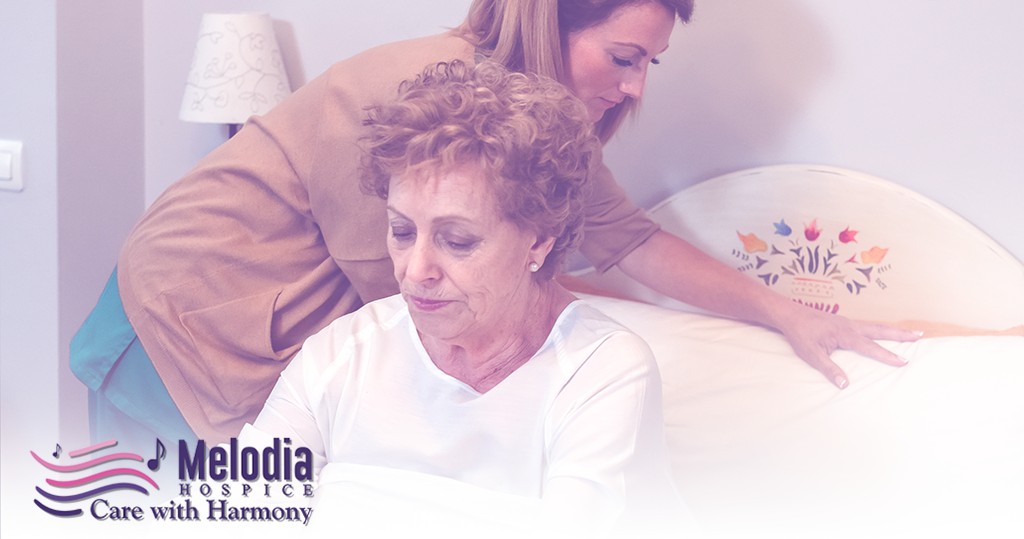
Fill a leak-proof plastic bag with dressings and pads that have blood or other liquids on them. Close the container tightly. In a second plastic bag, seal the contents of the first bag and throw it away.
Cleaning Large Spills
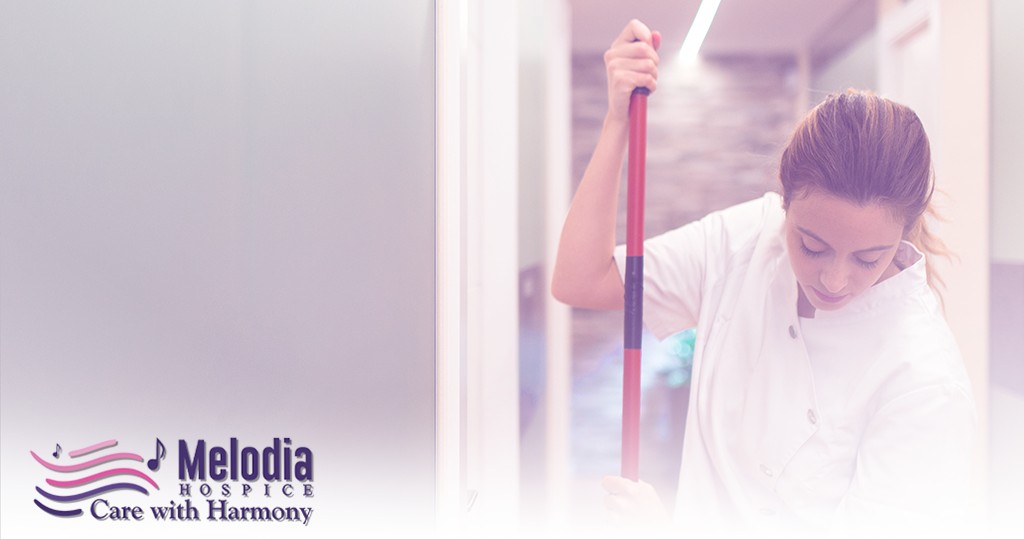
- Large spills of body fluids, or spills containing broken glass or sharp objects, should be covered with disposable towels saturated with 1:10 bleach solution.
- Ten minutes later, remove the gloves and allow the towels to cool down before using.
- Wipe up spills with disposable paper towels and dispose of them in the trash with gloves on.
- Dispose of gloves and wash hands.
Housekeeping And Hygiene In The Broadest Sense
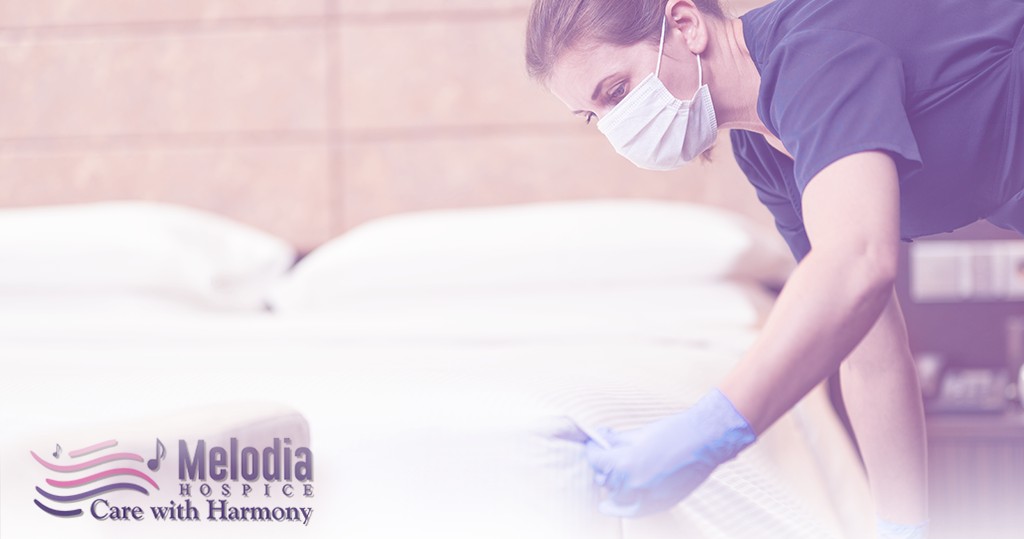
- Do not use the sink to flush soiled mop or cleaning water down the toilet.
- In a 1:10 bleach solution for five minutes, soak soiled sponges or mop heads to disinfect and disinfect them. (Do not disinfect objects near the kitchen sink or in areas where food is being prepared.)
- Wipe down counters, floors, and bathroom surfaces with a disinfectant on a regular basis.
- If you’re using a humidifier, make sure to clean it on a regular basis.
- Keep personal goods such as toothbrushes, razors, and enema equipment apart from the rest of the group.
- Between uses, wash thermometers with soap and water to remove any residue. If the thermometer will be used by others, it should be soaked in rubbing alcohol for 30 minutes before being rinsed with water between users.
- It is essential that pet areas, including litter bins, birdcages, and fish tanks, are kept in immaculate condition. Patients with AIDS or immune systems that are compromised should have someone else take care of their pet areas.
- Visits from people who are sick with contagious diseases, such as colds or the flu, should be discouraged.
Needles Are Disposed Of In A Proper Manner
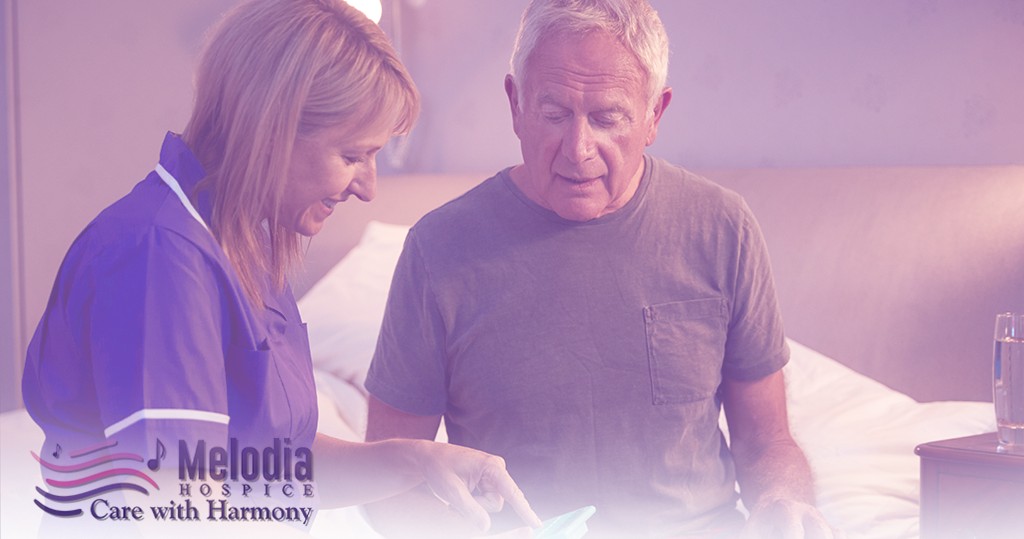
- Dispose of needles in unbreakable, puncture-proof containers with closable lids, such as empty coffee cans, plastic bleach or detergent bottles, or other non-recyclable containers.
- Never replace the caps on the needles.
- Avoid overfilling the container.
- To dispose of the filled container, combine it with the 1:10 bleach solution suggested below, tape the lid securely shut, and throw it away.
Needle Disposal And Spill Cleanup With A Bleach Solution
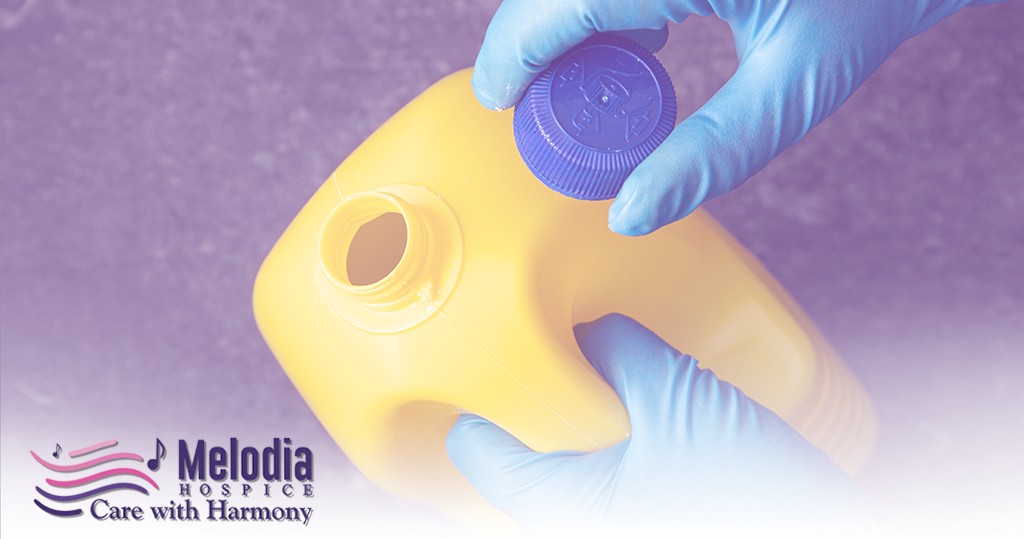
- For every ten cups of water, one cup of bleach should be used.
- In this case, the bleach to water dilution is 1:10 (bleach to water).
Preparation Of Food
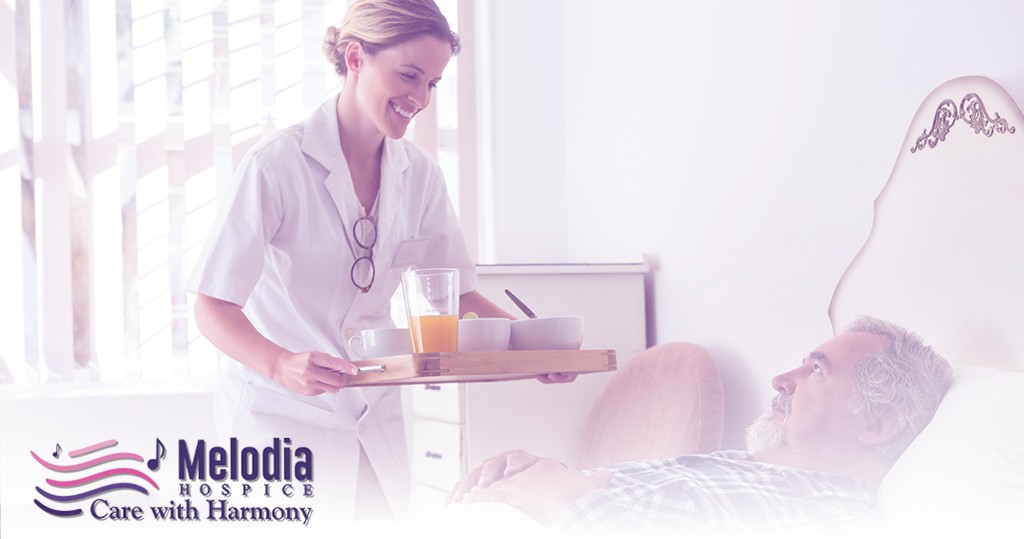
- Wash your hands completely before handling food.
- Food should be tasted with a clean spoon each time it is prepared during the cooking process.
- Food should always be checked for expiration dates.
- Unpasteurized milk and raw or cracked eggs have been linked to Salmonella infections and should be avoided by everyone, but especially by people with HIV/AIDS and other chronic illnesses. Organically cultivated food (which may have been fertilized with animal faces) should be carefully washed before consumption.
- Cleaning the inside of the refrigerator with a warm soapy water solution on a regular basis will help to keep mold at bay. Never wipe kitchen surfaces using sponges that have previously been used in the bathroom.
If You Notice Any Of The Following, Contact Your Home Care Nurse
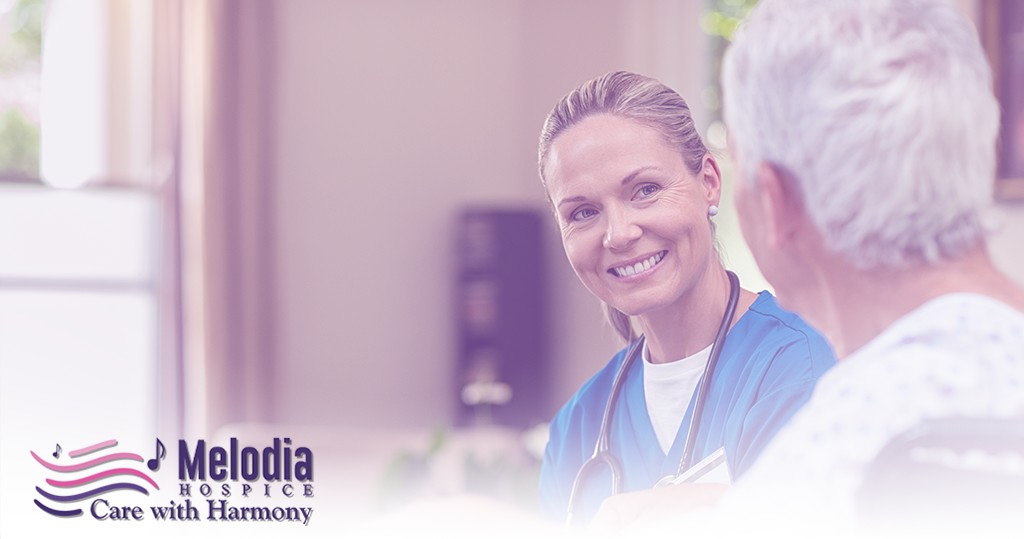
- Someone has a contagious sickness that is known to exist.
- There are reddish regions or skin that has broken down.
- Fever is more than 101 degrees Fahrenheit.
- If you have any queries, please ask them now.
It has been possible to reduce the prevalence of several forms of care facility infections due to increasing awareness of hazards and additional preventive measures performed in health facilities.
You can reach Melodia Care at any time of day or night by contacting us through our 24/7 online customer support chat or by calling 1-888 635-6347 (MELODI-7).


